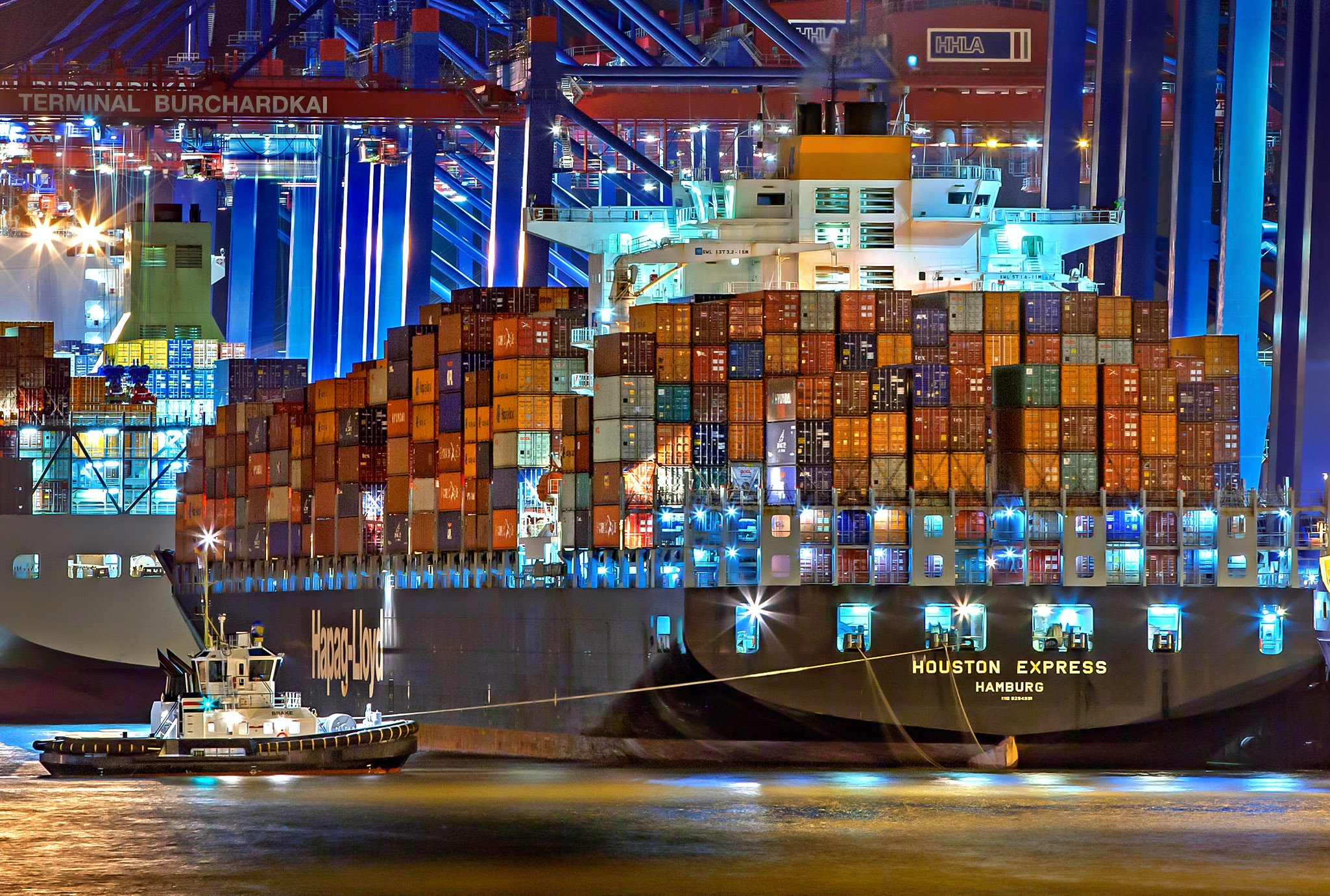Britain has signed a trade deal with New Zealand, which will remove high tariffs on a range of goods and reduce prices of Kiwi products after 16 months of talks.
The deal is one step of many of Britain’s 10-year plans to divert funds and effort toward the indo-allies to strengthen their alliance, and position with democratic countries in the region to make the UK more competitive than China for trade. While this is a lofty goal, lawmakers have already begun enacting different elements that would further the plan, this being the most notable.
It follows a series of similar deals agreed in principle with Japan and Australia.
Business leaders have welcomed the agreements and praised the NZ deal for cutting red tape and enabling workers’ free movements. William Bain, head of trade policy at the British Chambers of Commerce, has agreed that this level of agreement between both parties will boost trade instances, which is essential for the transition to a greener future. He foresees that environmental goods and services will be among the top traded.
Trade minister Anne-Marie Trevelyn also commended the deal and forecasts that it will add £800m to the British economy over the next decade. While this number is proposed, for now, this plan holds potential for a massive gain.
New Zealand Prime Minister, Jacinda Adern, has stated that the deal will immediately remove costs or barriers to trade for exports quickly, making new opportunities for New Zealand business owners to diversify. The economic boost will be welcomed by all parties after the pandemic’s grueling strain.
However, though the department for international trade has praised the deal citing it as “groundbreaking,” it’s being criticized by farmers and ministers.
Minette Batters, the National Farmers Union President, is concerned about the deals’ impact on the British Farming industry. She said that the country will potentially stand to see far more imported food, which could reflect poorly on the quality of imports. She also noted how little there truly was in the bill that could benefit farmers.
Batters added that UK farm businesses deal with higher overall taxes and production costs than farmers in New Zealand do. This bill could potentially lead to tighter margins due to resing inputs, restrictions, energy bills, and labor shortages.
Johnson faced similar criticism from Labour’s shadow international trade secretary, Emily Thornberry, who pointed out the one-sided nature of the deal, as only megacorps in New Zealand really stood to profit.
Last year’s analysis by the UK government highlights critics’ claims that the deal is “economically marginal” as it could have little impact on GDP – between positive growth of 0.01% or negative growth of -0.01%. Whereas New Zealand could see a 0.3% increase in GDP.
This analysis of the trade deal’s impact has been echoed by David Henig, a trade expert and director of the European Centre for International Political Economic, who said that the trade deal was accompanied by “exaggerated economic forecast.”


























